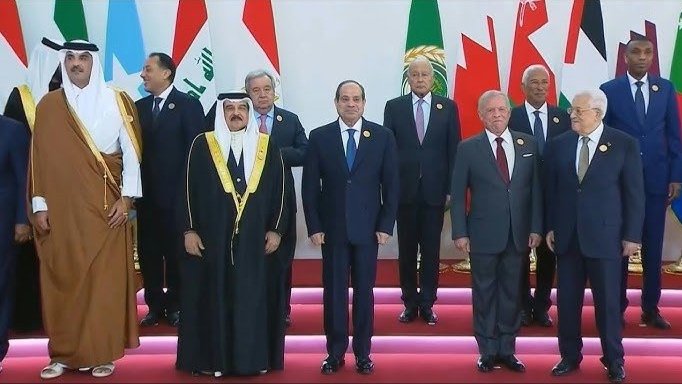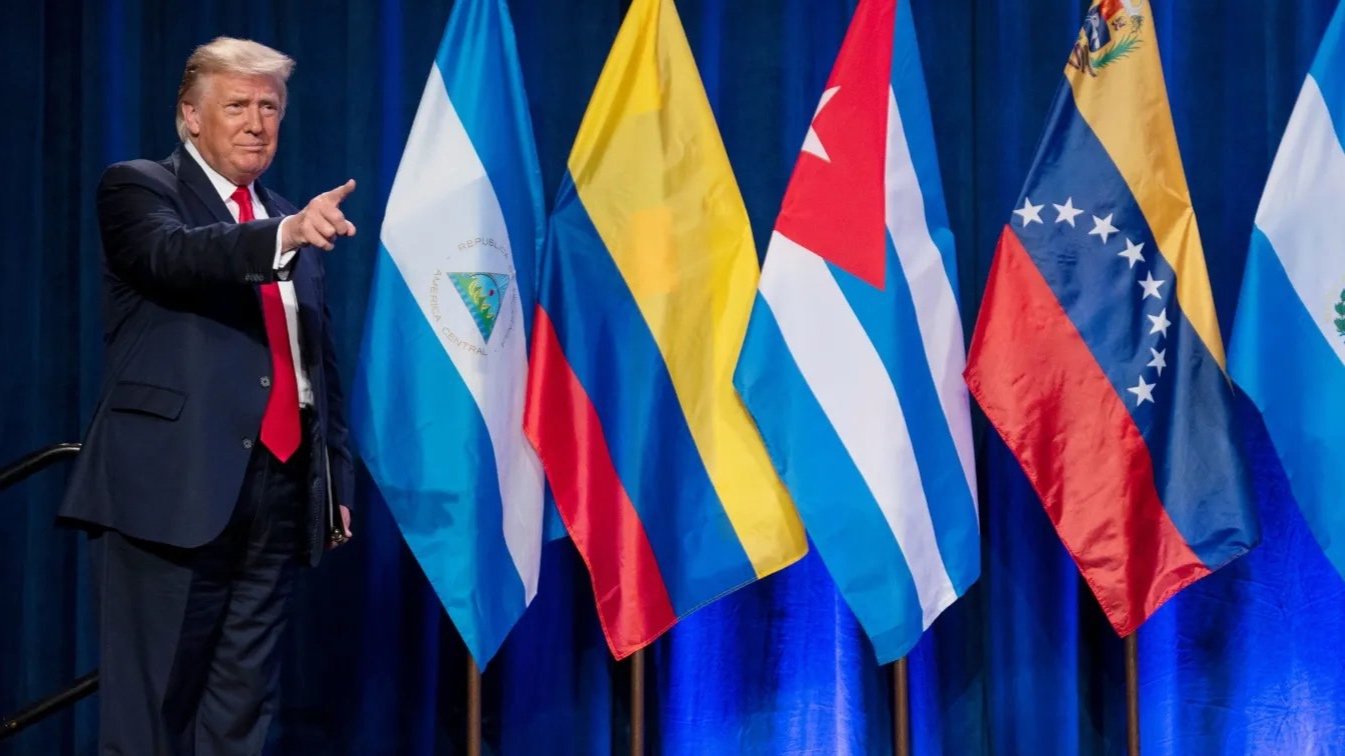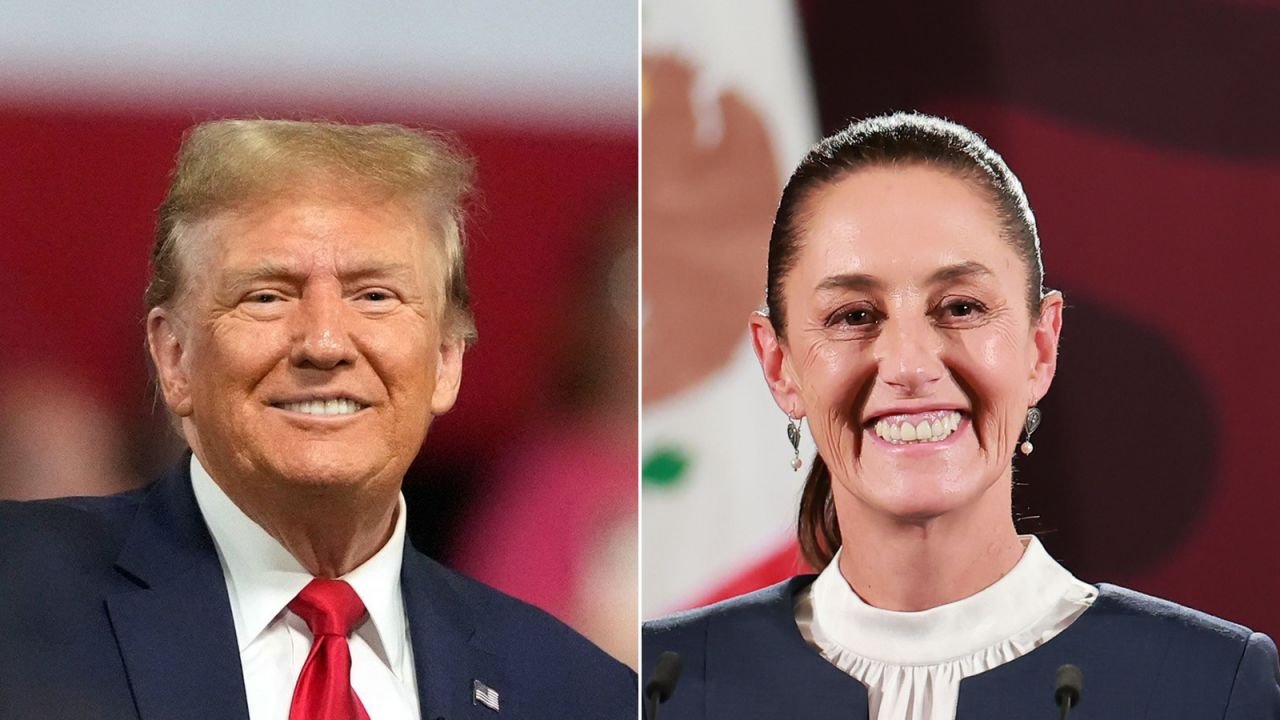Our Insights
Featured Posts Selected by Our Experts
Explore all of our Insights, Interviews, Commentary, and More
Media Type

Talking Points | Beyond The Conflict, The Gaza Reconstruction Plan and Its Global Impact
Following the destruction in Gaza, two competing visions for its future emerged. The Trump administration initially proposed placing Gaza under U.S. control, forcibly relocating its Palestinian residents, and transforming the area into a luxury destination. Framed as a long-term solution, this plan was widely condemned as a violation of international law, dismissing Palestinian sovereignty and ignoring regional security complexities.

Talking Points | Key Takeaways from China’s Two Sessions
China’s Two Sessions are underway – their annual meeting of the National People’s Congress (NPC) and adjacent Chinese People’s Political Consultative Congress (CPPCC). The sessions do not usually break news, that’s usually done in the major Party meetings, but they do underscore the strategy and provide some notable updates.

China’s 2025 Economic Plan
The headline developments in China this week are likely to stay relevant for some time – at least the next couple of years – as they help answer two key questions: How do senior Chinese leaders plan to shepherd the domestic economy in the years ahead? And what is the state of China’s evolving approach to the second Trump administration when it comes to tariffs and broader economic statecraft?

Saudi Arabia's Opportunity to Lead the Way in Global Biodiversity Protection
Saudi Arabia is rediscovering its natural assets. From the coral reefs of the Red Sea to the sweeping dunes of the Empty Quarter, the Kingdom is home to an impressive array of ecosystems and biodiversity. With this renewed focus on its natural heritage comes an unparalleled opportunity: to emerge as a global leader in protecting and valuing nature.

Talking Points | Driving Digital Transformation: Saudi Arabia's Giant LEAP
Saudi Arabia’s Vision 2030 is a comprehensive strategy to diversify its economy and solidify its position as a global technology and innovation hub. A cornerstone of this vision is the development of a world-class digital infrastructure to support both public and private sector transformation. Key investments are being made in AI, cloud computing, smart cities, and cybersecurity.

Expert Take | What Trump 2.0 Means for Latin America
Latin America is closely monitoring President Trump’s second term, marked by priorities that directly impact the region, including immigration, drug cartels, and the influence of China. These issues resonate due to record-high migration at the U.S.-Mexico border, increasing fentanyl-related deaths (over 70,000 last year), cartel-driven violence, and China’s growing role as a trade partner and investor.

Expert Take | What Trump 2.0 Means for China-Latin America Relations
Once a niche topic, the Latin America-U.S.-China (LUC) relationship is set to gain mainstream policy attention under Trump 2.0. Washington will be the primary driver of this shift, with continued bipartisan support to counter China and an incoming senior foreign policy team unusually well-versed in Latin America.

Expert Take | What Trump 2.0 Means for Mexico
While January 20th marked the official beginning of Trump’s second administration, Mexico has long been preparing for his presidency, particularly in economic matters. This challenge is not new for Mexico. In fact, the country not only survived Trump’s first term, but actually thrived.

Talking Points | Foundations for the Future: Saudi Arabia’s Infrastructure Leap
Saudi Arabia is accelerating its infrastructure transformation with an ambitious vision for the future. In 2024, the Kingdom allocated $17.3 billion to infrastructure development, with spending projected to rise to $21.3 billion by 2025. Central to this transformation are monumental projects that aim to redefine urban development, transportation, and sustainability.

Talking Points | Protecting Heritage through Partnership: Why U.S. Antiquities CPAs are Essential for At-Risk Nations
In a world where cultural artifacts can be plundered from archaeological sites, whisked away across borders, and then laundered onto the black market within just days or even hours, nations need robust, collaborative strategies to fight back. The United States has taken a step toward addressing this problem by signing cultural property agreements (CPAs) with countries threatened by the illicit antiquities trade.






